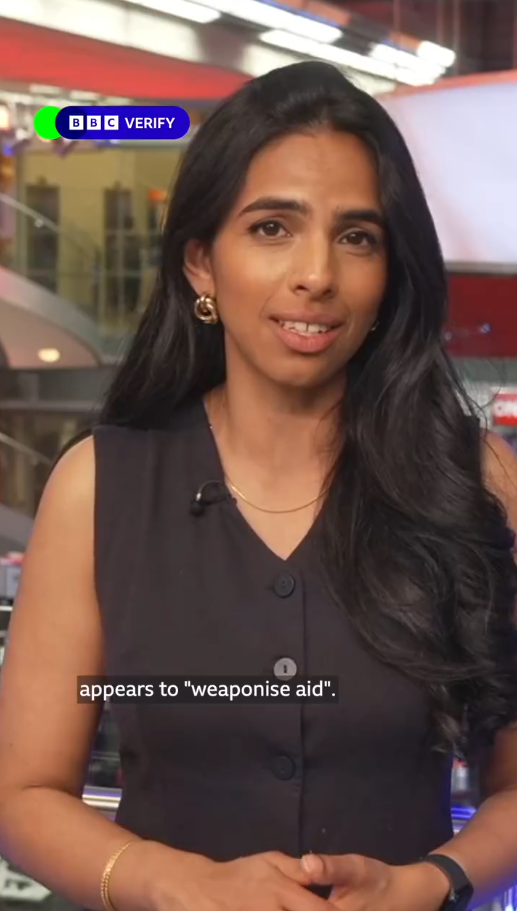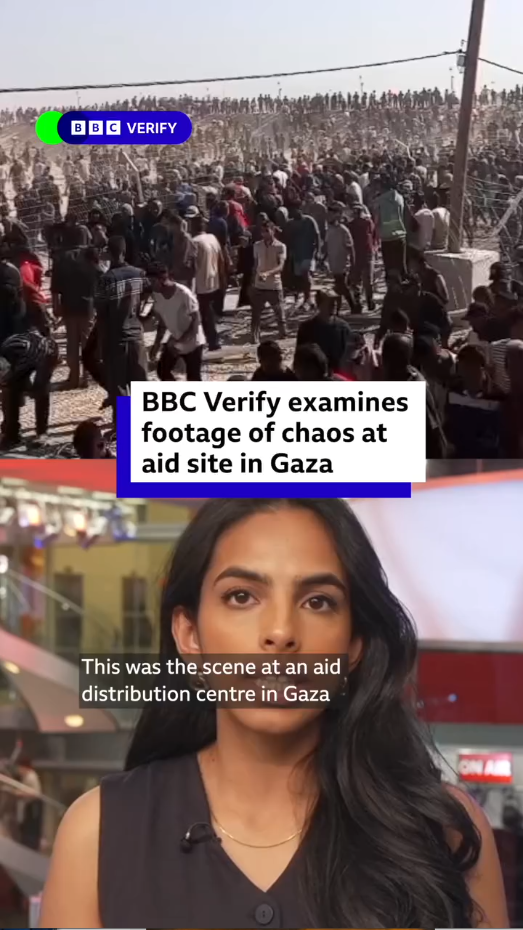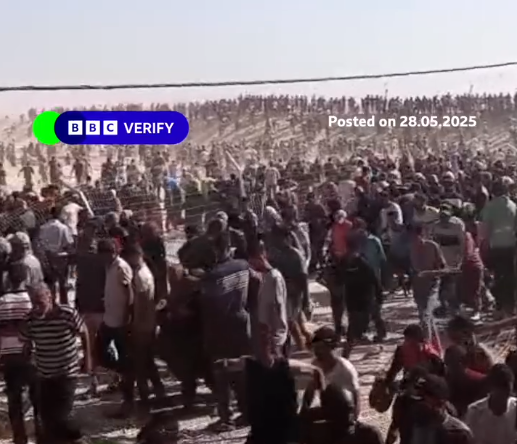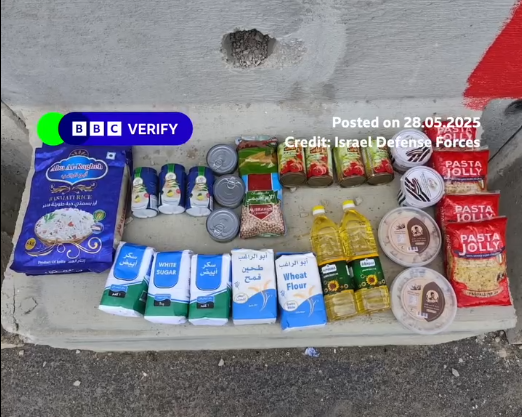
Tensions in Gaza reached a new flashpoint on Tuesday as chaos erupted at an aid distribution centre operated by a newly formed organization reportedly backed by the United States and Israel. According to the UN Human Rights Office, at least 47 people were injured during the incident, which unfolded when large crowds gathered in desperate anticipation of food and supplies.
The aid distribution centre, located in the northern Gaza Strip, was run by a group that has rapidly drawn scrutiny and criticism from both local factions and international observers. The group, whose name has not been officially disclosed by the UN but is understood to be supported by American and Israeli interests, is being accused of undermining established humanitarian mechanisms and stirring tensions among the already suffering population.
Eyewitnesses described a scene of confusion, desperation, and lack of coordination. “People were waiting for hours. When they saw trucks unloading food, they ran toward them,” said Fadi Abu Mahmoud, a resident of Jabalia who was at the site. “There were no proper lines, no clear instructions. Everyone was just trying to grab something to feed their families.”

The stampede that ensued caused multiple injuries, ranging from broken bones to severe bruising. Several individuals, including children, were trampled as the crowd surged forward. According to the UN Human Rights Office, emergency services were delayed in reaching the injured due to ongoing security concerns and blocked roads in the area.
“We are deeply concerned about the conditions under which aid is being distributed in Gaza,” said Marta Hurtado, spokesperson for the UN Human Rights Office, in a statement released on Wednesday. “Humanitarian assistance must be impartial, needs-based, and provided in a manner that respects the dignity and safety of the civilian population.”
The emergence of the new aid group has added to the already complex and politically fraught landscape of humanitarian operations in Gaza. Established organizations like the United Nations Relief and Works Agency (UNRWA) and the International Committee of the Red Cross have long operated under internationally agreed-upon principles of neutrality and transparency. By contrast, the newly formed entity has been accused of bypassing local coordination mechanisms, ignoring on-the-ground realities, and leveraging aid for political influence.

Critics argue that the group’s backing by the US and Israel has politicized the humanitarian response. “This is not aid; this is manipulation,” said Hanan al-Sheikh, a spokesperson for a Palestinian civil society network. “When food is used to reward compliance or punish resistance, it ceases to be humanitarian. It becomes a tool of control.”
The US and Israeli governments have defended the initiative, claiming it is meant to ensure that aid reaches those in need without being siphoned off by militant groups. A joint statement from the two governments released earlier this week emphasized their commitment to “providing lifesaving assistance to innocent civilians” and “working around obstacles created by organizations with links to terrorism.”
However, UN officials have warned that bypassing established distribution systems may do more harm than good. “We must not allow political agendas to interfere with humanitarian principles,” said Philippe Lazzarini, Commissioner-General of UNRWA. “Undermining existing infrastructure only leads to confusion, inefficiency, and ultimately, suffering.”

The situation in Gaza has become increasingly dire in recent months. Ongoing conflict, a blockade imposed by Israel and Egypt, and a collapsing economy have left more than two million people in urgent need of food, water, and medical care. The UN estimates that over 80% of the population relies on some form of humanitarian assistance.
The latest incident is not the first time aid distribution in Gaza has turned violent. In February, at least 112 people were killed in a similar incident in Gaza City when large crowds overwhelmed trucks delivering flour. That tragedy triggered international outrage and prompted calls for greater oversight and coordination among aid agencies.
Following Tuesday’s injuries, the UN Human Rights Office has renewed its call for the international community to ensure that humanitarian operations in Gaza adhere to core principles of neutrality, independence, and accountability. The office is also urging an investigation into the conduct of the new aid group and the circumstances that led to the stampede.
Video: Kate Hudson Behind the Scenes Cover Shoot | Shape
As humanitarian needs continue to mount, the people of Gaza remain caught between geopolitics and survival. “All we want is food, water, and safety,” said Um Ayman, a mother of five who witnessed the chaos. “Why does everything have to be so complicated? Why must we suffer just to receive a bag of flour?”
The international community now faces a critical choice: to either reinforce the legitimacy of established humanitarian channels or risk further instability by empowering unregulated actors. As the situation in Gaza teeters on the edge of catastrophe, every decision carries profound consequences for those whose lives depend on aid delivered with care, integrity, and humanity.



